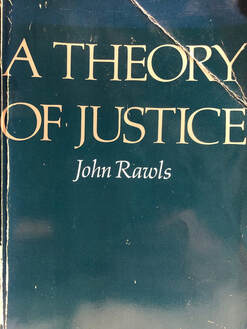Fifty years ago, you could turn from one news program to another on the three major networks and get basically the same perspective on the news. Now, there are far more than three options for news. Each source is likely to have its own editorial slant. The stories that are emphasized are often completely different, and the editorial slant given to the common stories are likely to be completely different.
Sometimes there are good reasons for different media outlets to offer different perspectives on the same issue. After all, there are different ways of identifying the correct or optimal solution to any given challenge. As discussed in previous essays, we can identify different approaches to any issue—constitutional perspectives, arguments from various moral or religious perspectives, and efficiency argument. All may have merit while yielding different solutions.
Because sources of news have become more politicized and polarized, it is necessary to consult multiple, reputable sources across the spectrum to get a fair and honest portrayal of opinions contrary to your own. It is often hard to watch programs that present the opposing view, but you should make a practice of monitoring news as it is portrayed by media outlets that make you uncomfortable. Take note of the stories they cover that your favorite channels do not cover, as well as how their coverage of common stories differs.
Reputable news sources are sources that do not deal in falsehoods. If you are watching or reading a news source that continually broadcasts or publishes stories that are subsequently identified as misleading or false, then you should find a higher quality source for news. Often such sources are labelled as “tabloids” rather than newspapers.
Some of my recommended sources for serious news are the Wall Street Journal, the New York Times, the Washington Post, The Economist, both the broadcasts and website for NPR.org, and the BBC.com. You will often find this set of sources will cover the same major stories. These sources are world famous, have different owners, and have a reason to preserve their credibility as a source of their competitive advantage. For that reason, you can often use these sources to judge the quality of other media outlets, and to identify significant omissions or editorial slants.
Surveying coverage over a range of media outlets can also help hone your skills at identifying better and worse quality in media outlets. For instance, you can get a liberal slant on stories by watching CNN and a conservative slant by watching Fox News. When you compare coverage with a magazine like The Economist or an outlet like NPR.org, you are likely to notice when CNN and Fox spend their time covering different stories. You will notice when they give very different perspectives on issues and personalities, and develop a feel for what is more likely to be true.
In sum, broadening the scope of your news intake to cover a range of sources will make you a better-informed citizen. You will be more prepared to defend your opinions because you will be familiar with opposing views. Over time, you will build up your ability to discern quality in media coverage of current events.


 RSS Feed
RSS Feed
